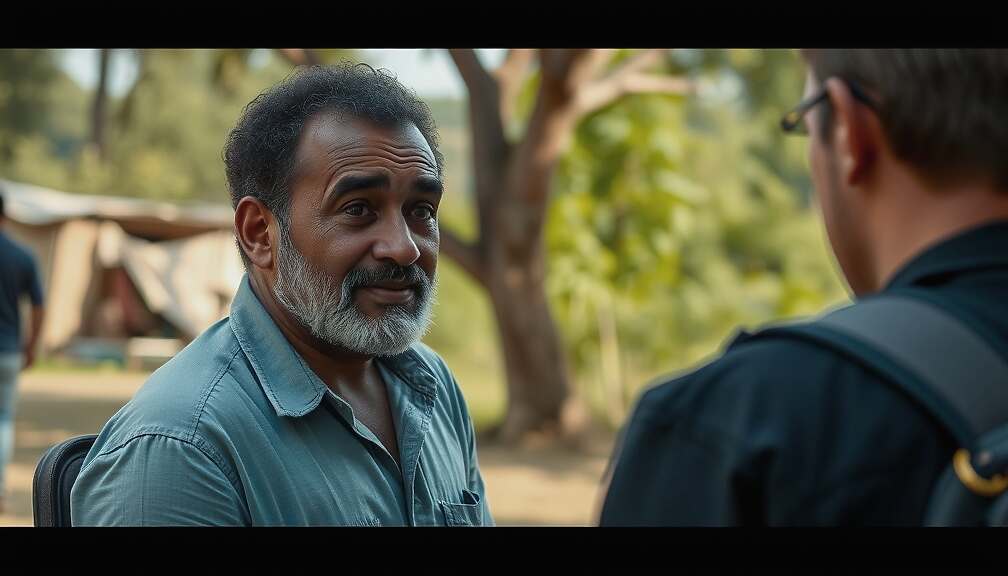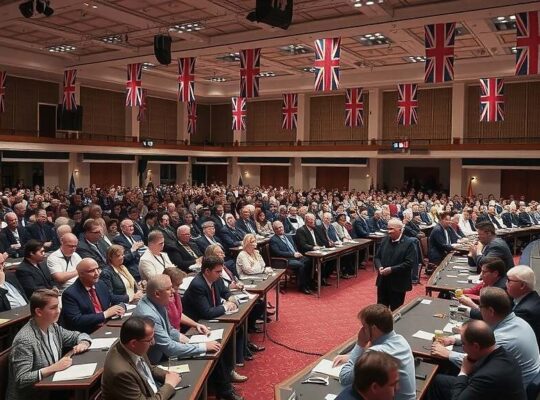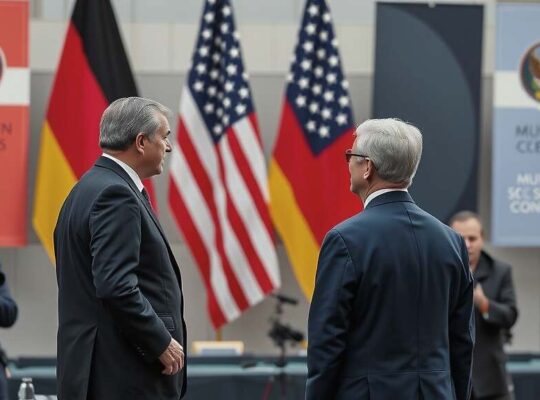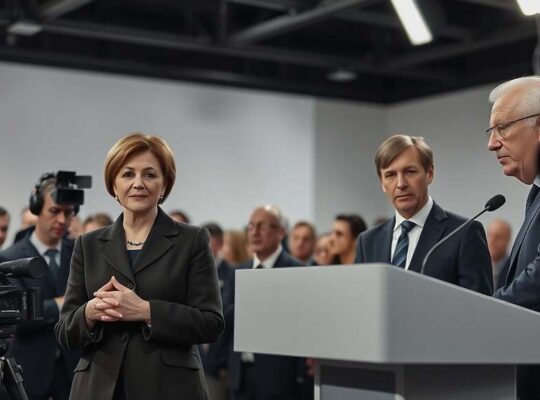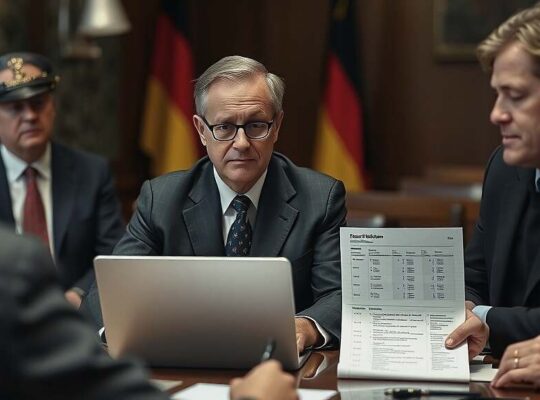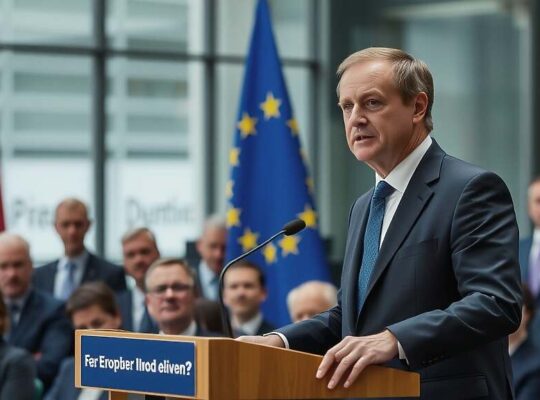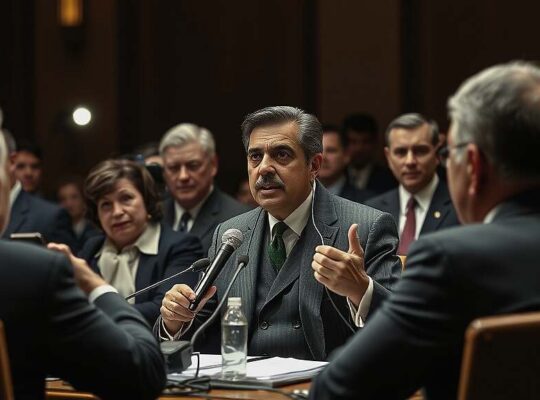A recent Forsa poll paints a concerning picture for CDU/CSU leader Friedrich Merz, revealing a significant lack of public support for his potential candidacy in the next federal election. Just 16% of respondents surveyed for RTL and n-tv’s “Trendbarometer” advise the sister parties to re-nominate Merz, a figure that underscores a growing disconnect between the leadership and the electorate. The data, collected November 6th and 7th, 2025, based on a sample of 1,002 individuals, highlights a pervasive sense that a different candidate is needed.
Even within the traditional CDU/CSU base, the figures are sobering. Only 44% advocate for another Merz candidacy, while a near equal 43% believe the union should pursue an alternative. Perhaps more significantly, the overarching question of whether Germans would “welcome” another Merz run for Chancellor in 2029 drew a paltry 18% affirmative response, with 73% expressing outright opposition. Again, within the CDU/CSU supporter group, less than half (47%) signaled their support for a re-attempt.
The poll’s findings, while demonstrably negative for Merz, also prompt broader scrutiny of age and generational perspectives within German politics. When pressed on the feasibility of someone in their seventies effectively holding the office of Chancellor, opinions became more divided. While 45% believe it possible, a clear majority (52%) expressed a preference for a younger leader. This perception appears heavily influenced by age, with older respondents displaying a more favorable view compared to younger voters and supporters of the Union, SPD and the Green Party. Conversely, supporters of the Left and AfD demonstrate a greater inclination toward younger leadership.
The data underscores a potential vulnerability for the CDU/CSU as they strategize for the next election cycle. The lack of enthusiasm for Merz, coupled with growing questions surrounding his suitability based on age, could force a renewed and potentially contentious debate regarding leadership selection and the party’s broader appeal to a diversifying electorate. The Forsa findings suggest that a strategic re-evaluation, rather than a continuation of the current course, may be essential for the party to regain public trust and secure a viable path to power.


